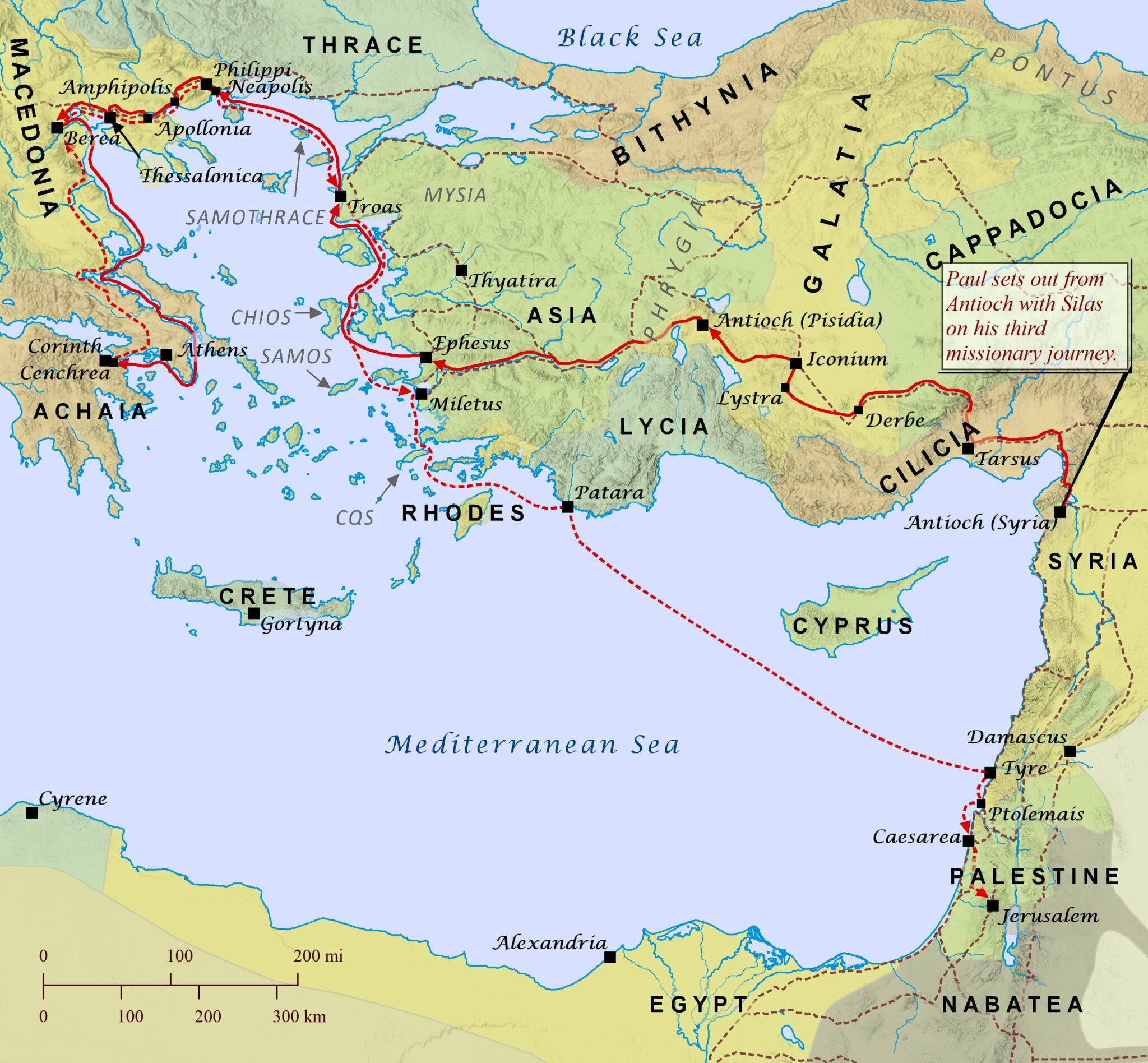The sin nature in each person influences what we do and the choices we make. In these verses, Paul is telling us that even if we want to do what we know is good, the sin inside of us can cause us to do those things we don’t want to. Making mistakes is an inevitable part of being a human because we all have a sin nature.
Paul wants to follow the Law, but his sin nature causes him to disobey it: For what I am doing, I do not understand; for I am not practicing what I would like to do, but I am doing the very thing I hate (v 15).
Paul is now giving us an internal mental model of our inner self. There are two forces inside us at war with each other, the sin nature, or “flesh” and the redeemed nature. We have within us both our old sinful nature as well as our new nature, which is made in the image of Christ (2 Corinthians 5:17).
The key insight in this mental model of our inner self is that we each get to choose which nature to animate. We get to decide which nature is allowed to live through us (Galatians 5:17).
The inner desire to do what the Law says shows us that it is not the true Paul who is sinning. Rather, it is his inner sin nature that is acting in disobedience to the Law. Paul says I am not practicing what I would like to do, but I am doing the very thing I hate.
Even so, Paul is still responsible for the actions of his flesh (Romans 6:12–14). This is because he is the one who made the choice to allow the sin nature to act. He describes himself as still doing the very thing I do not want to do, saying I agree with the Law, confessing that the Law is good (v 16). Now Paul adds to the mental model a third aspect: our will. We have a sin nature (flesh), a new nature (new man), and a will. We are still one person, but we have these three inner actors. Paul is elevating the key to this conundrum; we have a choice—through Christ.
Although Paul has a conflict going on inside him, fought between his sin nature and his new nature, Paul is still Paul. Which is why this agonizes him so much. We can all identify. If the Apostle Paul had this issue, he who suffered for the gospel and was a faith-hero, we can all expect to have it as well.
This point further demonstrates why we cannot follow the Law, and why “more rules” will never “fix” anyone. Paul wants to follow the Law but does the exact opposite: Now, no longer am I the one doing it (sinning/breaking the Law), but the sin which dwells in me (v 17).
He makes it clear that it isn’t he (Paul) who sins, but it is his sin nature that he decided to empower to disobey the Law. Paul now asserts:
For I know that nothing good dwells in me, that is, in my flesh; for the willing is present in me, but the doing of the good is not (v 18).
This is an astonishing claim that has immense implications. Paul says there is nothing good that dwells within him, in the part of him that is his flesh. This means that the flesh is completely and wholly un-reformable. This means that all efforts at reform and personal improvement are doomed to fail, if carried out in our own strength.
Paul wants to do good but does not: For the good that I want, I do not do, but I practice the very evil that I do not want (v 19).
Paul is still ultimately responsible for what actions he takes. He decides which nature to follow: But if I am doing the very thing I do not want, I am no longer the one doing it, but sin which dwells in me (v 20).
In this passage, he is describing the conflict between what his new nature wants (to please God by following the Law) and what his sin nature leads him to do (disobey the Law).
Paul here elevates a mental model of our inner-self for any believer. We have three actors:
- A flesh. This is our old nature, the one we are born with. Paul asserts that there is nothing good in this nature. This means the only positive thing we can do with this nature is to recognize it, and avoid it. There is nothing good that can come from walking in our flesh. This is made clear in this passage (Romans 6:15-20).
- A redeemed spirit, in which dwells the mind of Christ (Romans 8:2; Galatians 5:17)
- A will, that chooses whether to walk in the flesh, or the Spirit (Romans 8:4; Galatians 5:13)
Our goal needs to be to recognize the voice of the flesh. The flesh may pose as “me” and convince us we have no choice. It may pose as the Spirit. It may frame life as death, and death as life. It has many qualities, but they are all bad, for nothing good dwells in our flesh.
This is a profound insight; Paul will soon tell us “if by the Spirit you are putting to death the deeds of the body, you will live” (Romans 8:13). We have a will, and when we submit our will to the Spirit, we can set aside, separate (put to death) ourselves from this no-good flesh dwelling within. That has the result of leading us to experience the great fruits of life. Therefore we can, by faith, be restored to living according to God’s (good) design for us.
Biblical Text
15 For what I am doing, I do not understand; for I am not practicing what I would like to do, but I am doing the very thing I hate. 16 But if I do the very thing I do not want to do, I agree with the Law, confessing that the Law is good. 17 So now, no longer am I the one doing it, but sin which dwells in me. 18 For I know that nothing good dwells in me, that is, in my flesh; for the willing is present in me, but the doing of the good is not. 19 For the good that I want, I do not do, but I practice the very evil that I do not want. 20 But if I am doing the very thing I do not want, I am no longer the one doing it, but sin which dwells in me.
Check out our other commentaries:
-
Numbers 3:11-13 meaning
The LORD declared that the Levites were to be set apart to become His possession instead of the firstborn....... -
Acts 6:1-6 meaning
To make sure all believers receive fair treatment and charity, the apostles arrange for the church to choose seven men of godly character to manage...... -
Hebrews 9:13-15 meaning
If the blood of animals was able to cleanse sins, then through the blood of Christ we will gain much more, leading to a life...... -
Deuteronomy 6:10-15 meaning
Moses commands the Israelites to be diligent to continue an attitude of gratitude to the LORD for what He has done for them and for...... -
Matthew 3:1-2 meaning
Matthew changes the scene from Nazareth to the Judean wilderness. He describes Jesus’s childhood to just before He begins His public ministry. Matthew introduces John......



